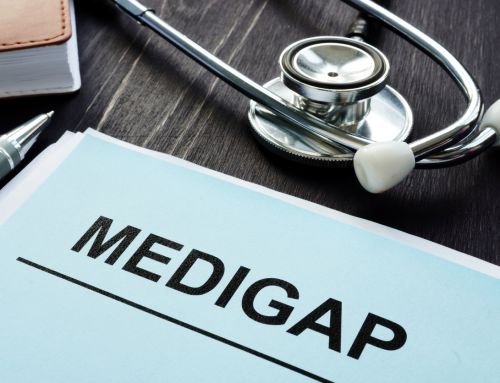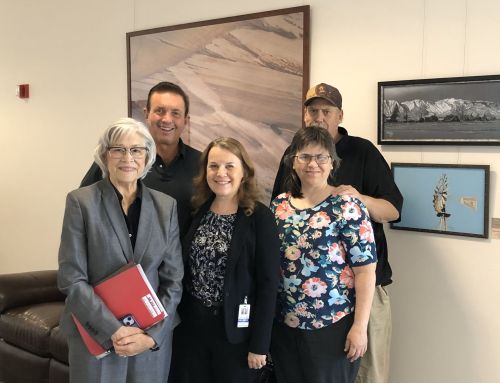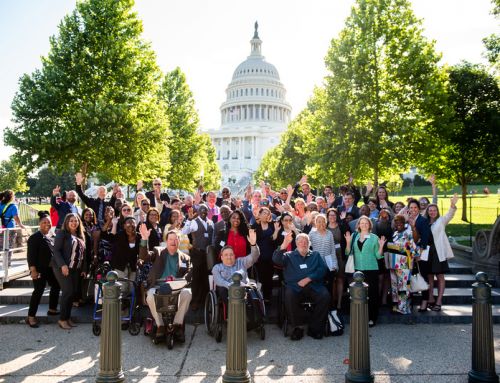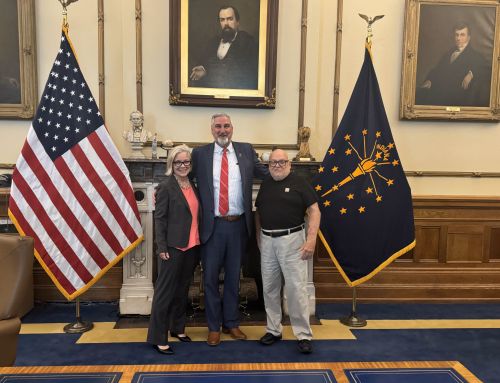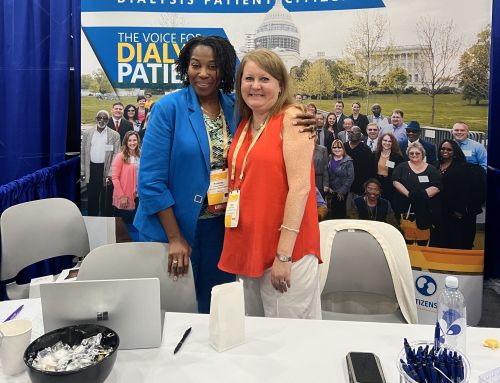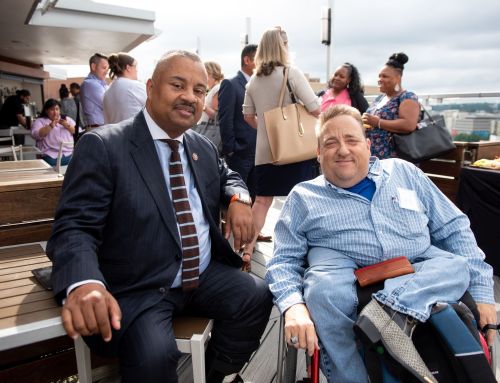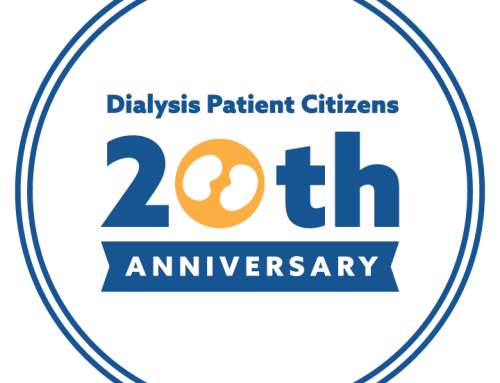March 7, 2022
Dr. Meena Seshamani
Centers for Medicare & Medicaid Services
7500 Security Boulevard
Baltimore, MD 21244
Re: Dialysis Workforce Issues
Dear Dr. Seshamani:
We are writing to express our concerns about shortages of labor and supplies that are causing disruptions in dialysis treatments. We urge CMS and its sister operating divisions in HHS to develop plans for health care workforce generally and dialysis workforce in particular; and to make whatever adjustments are necessary to Medicare payment policy necessary to assure patients’ access to care.
To the best of our recollection, the U.S. is experiencing a tight labor market and high inflation for the first time in the approximately four decades that Medicare has used administered prices. The process of developing annual payment adjustments is lengthy—the cycle extends over two years and relies upon two-year old data to begin with. It is poorly suited to nimbly adapting to rapidly changing economic conditions. It is critical that CMS recognize these weaknesses and remedy them before they can cause harm to beneficiaries. Further, Medicare is going to have to spend more to guarantee access to care—most probably an additional increment that may be hard to swallow for a historically parsimonious agency.
Fourteen years ago, the Institute of Medicine issued its report, Retooling for an Aging America: Building the Health Care Workforce that warned of looming health workforce shortages resulting from an aging population. It is apparent from the numerous media reports of delayed and shortened dialysis treatments that the era of labor scarcity has arrived, perhaps a bit sooner than expected.
Federal policy must recognize the unique social value of work in the health care sector and ensure that this work is rewarded commensurate with that value. If labor markets grant greater remuneration to non-essential or seemingly frivolous occupations it will be harder to recruit and retain the workers providing life-sustaining treatment that our members rely upon.
We would also observe here that the work of the technicians who deliver dialysis treatments is unlikely to be automated or “self-serviced” away. There is limited interest among patients in switching to home modalities or self-dialysis, according to providers who have a strong financial interest in reducing their workforce expenditures. Labor problems cannot be wished away by setting arbitrary goals for home- or self-dialysis, and every advance in these areas will result in more concentrated acuity among in-center patients.
The Institute of Medicine report included two recommendations that remain relevant today. First, it endorsed wage pass-through payments earmarked for critical health care workers to ensure an adequately paid workforce. We urge CMS to develop policy options for adding such an element to the ESRD prospective payment system to cover medical instrument technician compensation. This element could “float” on a less-than-annual basis, e.g. quarterly or bi-monthly, based on a general earnings index, permitting dialysis facilities to raise pay in response to competition from other employers.
Second, the Institute of Medicine recommended “cascading responsibilities” from health professionals to workers lower on the workforce hierarchy who, while not having traditional credentials, have adequate preparation and skills to be delegated tasks within an interdisciplinary team. The IoM noted that there must be an evidentiary basis for such delegation; we think the time to start piloting such delegations is now.
Patients, stakeholders, and regulators can perhaps count ourselves as fortunate to be witnessing an “early warning” of workforce shortages that has not yet caused major complications or mortality. We urge you to heed these warning and avert the inevitable adverse consequences that inaction will cause. Finally, our members interact with many health care providers—they are hospitalized, on average, once every year—and appreciate the importance of a broad policy approach encompassing all elements of health care workforce.
Thank you for your consideration of our views. If you have any questions or would like additional information, please do not hesitate to contact me or our Vice President of Public Policy, Jackson Williams (at 202-768-4506 or jwilliams@dialysispatients.org).
Respectfully submitted,
Hrant Jamgochian, J.D., LL.M.
Chief Executive Officer


